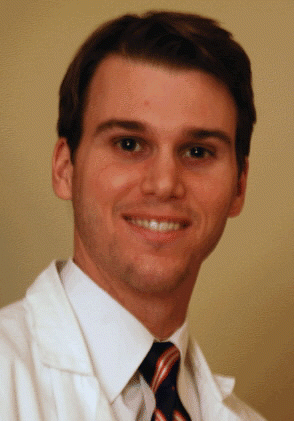The study was a retrospective analysis of duty hour violations. We looked at the type of violation, and documented the violation as a function of service, he said. Resident education was measured by looking at the average total operative volume of the graduating chiefs from the four years preceding implementation of the duty hour regulations and comparing it with that of the four years following implementation. OTE scores were also compared before and after implementation of the duty hours regulations.
Explore This Issue
February 2009 The current study did not evaluate resident burnout or quality of life, and duty hour regulations may not be the entire story.
The current study did not evaluate resident burnout or quality of life, and duty hour regulations may not be the entire story.
-David Shonka, MD
The authors tallied a total of 529 violations the first year after duty hour rules were implemented. This number dramatically decreased in the succeeding years, with most occurring during PGY-2 and intern years. Most occurred on the head and neck oncology rotation, followed by general surgery rotations. The 80-hour and 30-hour rules constituted only 1.5% to 2.1% of total violations. The study showed most violations were of the 10-hour rule. This is commonly violated when residents stay late to see the end of a long case and come in early the next morning to round on patients, Dr. Shonka said.
Residents had no change in operative volume after duty hour regulation implementation. In addition, there was no change in OTE scores, Dr. Shonka said. He noted that increased free time to study may have been offset by decreased time in the hospital and fewer opportunities to participate in continuity of care. In addition, even with more time off, there is no guarantee that residents will study or sleep more.
As for patient care, mortality rates did not change in the three years preceding implementation, compared with the three years afterward. He noted that one study in the medical literature suggests that this sort of finding could be due to a relative decrease in continuity of care that offset any improvements from decreased fatigue. There was also no change in hospital readmission rates.
Although the actual patient length of stay did not change, however, there was a significant increase in the length-of-stay index following the duty hours implementation. The index is a measure of the University of Virginia Health System against other academic medical centers in the country. Other studies in the literature found a decrease in length of stay with no difference in in-hospital mortality, Dr. Shonka said.
Leave a Reply